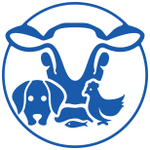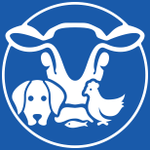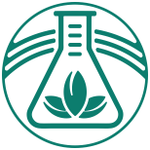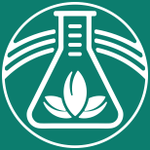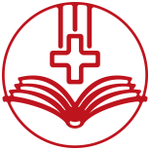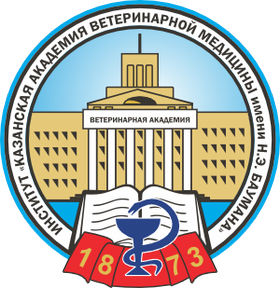History
The Kazan Veterinary Institute was the 4th veterinary establishment opened on the territory of Imperial Russia, and the 36th in the world. It was created due to the development of economic and social relations in the country, the growth of different branches of science including veterinary.
The first Director of the Institute was Peter Zeifman. The formation of Kazan Institute as the Higher Veterinary Educational Establishment is closely associated with his name.
There was a big flow of desirous to learn. About 462 persons were enrolled to the institute in the period of 1918 and 1919.
The Kazan Veterinary Institute was the first among the veterinary establishments received the right to award scientific Degrees of Candidates and Doctors of veterinary, biological and agricultural sciences. In the year of 1926 the Institute of post graduate study was approved.
Implementation of the goals of Kazan Veterinary Institute was ruled by talented scientists and experienced organizers of veterinary education and science.
The 100 Anniversary of the Kazan Institute was widely celebrated by general public and veterinary society on May 30, 1973 .With the Edict of the Supreme Board of Presidium of the USSR, the Institute was awarded with the Lenin Medal. In 1995 the Institute was transformed into the Kazan State Academy of Veterinary Medicine named after N.E. Bauman (hereinafter the Academy).
Science 2016 Professor R. Kh. Ravilov has been elected as the Rector of the Academy.
The Academy has trained more than 30 thousands of veterinarians, zooengineers, technologists, engineers, galaxy of scholars and professors who have made and continue making a significant contribution to agriculture area.
Currently, more than 2000 students from various regions and republics of the Russian Federation, the Commonwealth Independent Countries (CIC) and far-abroad countries (Viet Nam, Israel, Congo, Nigeria, Macedonia, Afghanistan, Chad, the Democratic Republic of the Congo, Cameroon Senegal, Liberia, Kenya, Benin, Kingdom Of Morocco, Tunisia, Kazakhstan, Belarus, Azerbaijan, Tajikistan, Turkmenistan, Uzbekistan, Kyrgyzstan) are being trained in the Academy. The Academy maintains liaison with veterinary and agricultural high schools, scientific institutions in many regions of the Russian Federation, the CIS, Germany, Israel, the Republic of Burundi, Turkey, Bulgaria, Denmark and other countries.
According to the results of fundamental and applied researchers, the scientists of the Academy have written over 300 books, monographs and textbooks in the core disciplines of veterinary and animal science, some of which have been translated into other languages and have developed more than 30 thousands kinds of drugs, diagnostics and innovative technologies which are implemented nowadays.
